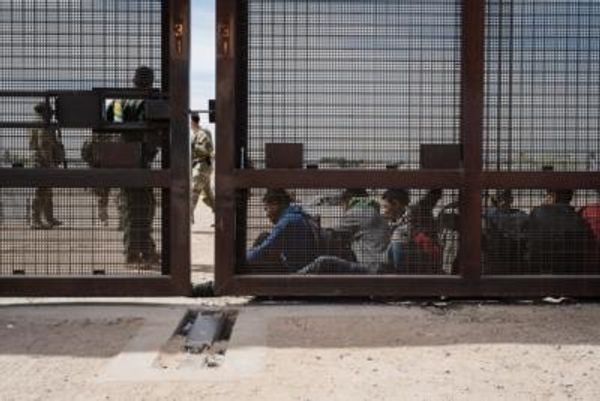The Hunter is ideally positioned to play a primary role in a future Australian battery manufacturing industry, according to a new report from independent industry think tank Beyond Zero Emissions.
It is estimated that the global lithium battery market will be worth $1.25 trillion a year by 2030 and $1.9 trillion by 2035.
But while Australia provides half the world's lithium, it only captures less than 4 per cent of the battery value.
The Battery Supply Chain report, to be launched at Parliament House, Canberra on Friday, finds that a domestic battery manufacturing industry could create 44,000 jobs and $57 billion in gross domestic product by 2035.
The Hunter, along with Latrobe Valley, Central Queensland and Kwinana in Western Australia are identified in the report as the most suitable places to establish Australian battery manufacturing hubs.
The report's recommendations include investing $2 billion in capital funding to establish battery cell manufacturing and non-cell technology to support a mining to battery production supply chain.
It also recommends doubling the the capacity investment scheme, which supports investment in storage and dispatchable energy, from 6 gigawatts to 12 gigawatts by 2030 and 24 gigawatts by 2035

Hunter-based battery manufacturer Energy Renaissance moved into its newly completed 4,000 square metre facility at Tomago earlier this year.
The factory, Renaissance One, will have an initial battery production capacity of 66 megawatt hours per annum.
The company, one Australia's largest consumers of lithium, expects its biggest market will be stationary industrial storage and commercial vehicles, such as trucks, delivery vans and buses.
Company chief executive Brian Craighead, supported the call for $2 billion to be invested in boosting Australia's battery manufacturing industry.

"We want those jobs here in our country, and for Australia to supply its own needs rather than relying on other countries," he said.
"That $2 billion investment would help us build a new battery cell factory in Australia rather than buying the cells from countries such as China."
Dr Thomas Nann, the co-founder and chief executive of Hunter-based, long duration flow battery manufacturer Allegro Energy said increasing government investment in Australian battery manufacturing would accelerate the nation's potential to become a leading centre for green energy storage, innovation and manufacture.
China currently produces just 1,200 GWh a year, or three-quarters of current annual global production.
"Australia is the only country in the world which has all the minerals required to make batteries, inverters, and relevant components. With our skilled workforce, we can
turn this into a niche battery market," BZE chief Heidi Lee said.
"Australia could grow from a 'dig and ship' approach to a 'mine and make' nation, mining and refining lithium and other minerals, then manufacturing batteries onshore.
"The world demand for storage is so big that no one country can possibly fill it."
Minister for Industry and Science Ed Husic launched the consultation phase of the government's national battery strategy at Energy Renaissance in February.
In addition to being a key component of the transition to a decarbonised economy, the battery strategy will also help foster Australian innovation and support Australian industry.
"Our general approach should be one where if we mine it here, we should make it here", Mr Husic said.
"Large scale uptake and manufacture of batteries will be vital transitioning to net-zero. New battery capacity will help support grid scale capacity, power our homes, and electrify our transport sector.
"We know there is huge demand for energy storage to support the widespread uptake of solar generation by households, business and industry.







